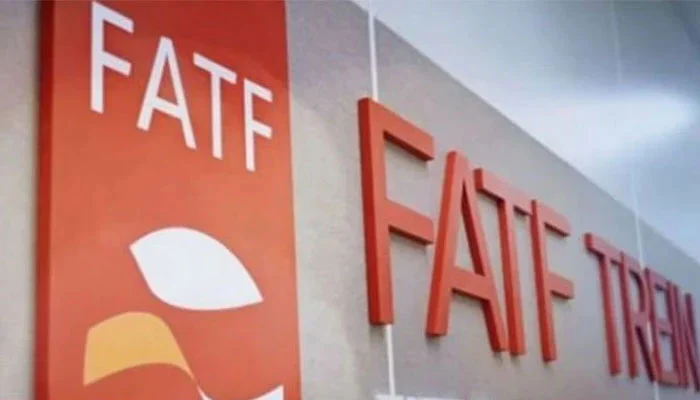
The Financial Action Task Force (FATF) is expected to remove Pakistan from its 'increased monitoring' list —also known as the 'grey list' on October 21.
Pakistan was removed from the FATF in June, after the watchdog 'unanimously cleared’ the country and acknowledged that it has met all 34 requirements. Pakistan was placed on the list in June 2018, for failing to keep money laundering and terrorist financing in check.
Since then, it had launched a massive diplomatic effort to get itself off the list. International media reported about China’s ‘quiet lobbying’ in Pakistan’s favor, which continued during the plenary sessions as well, along with some other allies of Pakistan.
“The first FATF Plenary under the two-year Singapore Presidency of T. Raja Kumar will take place on October 20-21, 2022,” said the FATF in a statement, adding that organisations such as the International Monetary Fund (IMF), the United Nations (UN) and the World Bank will be participating in the Plenary meetings.
Decisions pertaining to the jurisdictions that pose a risk to the international financial system, increasing guidance on how to prevent the laundering of illegal funds and evaluating which jurisdictions need to be placed on and removed from the increased monitoring list will be taken after the two-day deliberations have concluded.
Pakistan was removed from the FATF in June, after the watchdog 'unanimously cleared’ the country and acknowledged that it has met all 34 requirements. Pakistan was placed on the list in June 2018, for failing to keep money laundering and terrorist financing in check.
Since then, it had launched a massive diplomatic effort to get itself off the list. International media reported about China’s ‘quiet lobbying’ in Pakistan’s favor, which continued during the plenary sessions as well, along with some other allies of Pakistan.
“The first FATF Plenary under the two-year Singapore Presidency of T. Raja Kumar will take place on October 20-21, 2022,” said the FATF in a statement, adding that organisations such as the International Monetary Fund (IMF), the United Nations (UN) and the World Bank will be participating in the Plenary meetings.
Decisions pertaining to the jurisdictions that pose a risk to the international financial system, increasing guidance on how to prevent the laundering of illegal funds and evaluating which jurisdictions need to be placed on and removed from the increased monitoring list will be taken after the two-day deliberations have concluded.

